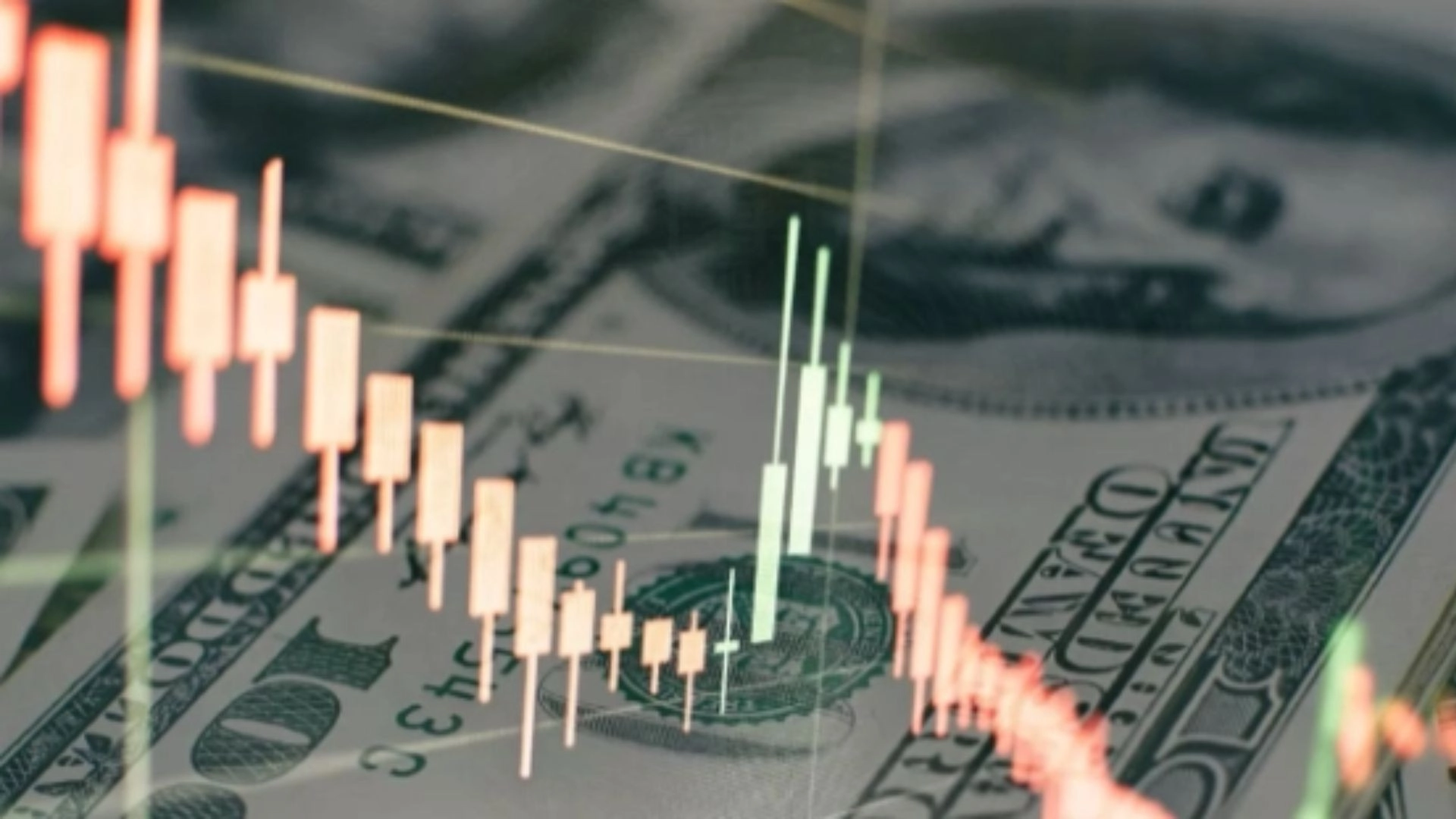
Forex trading, or the foreign exchange market, is one of the world’s most liquid and volatile markets. While this presents opportunities for substantial profits, it carries significant risks that every trader should know before entering this domain. In this article, we will explore the reasons why forex trading is considered a risky endeavor.
1. Leverage
One of the primary factors that contribute to the riskiness of forex trading is the use of leverage. Leverage allows traders to control more prominent positions with relatively little capital, amplifying potential gains and losses. While leverage can magnify profits, it also magnifies losses, making it a double-edged sword. A slight adverse price movement in the market can quickly wipe out a trader’s entire account if leverage is not managed correctly.
2. High Volatility
The forex market is known for its high volatility, meaning that currency prices fluctuate rapidly and unpredictably. This volatility is driven by many factors, including economic data releases, geopolitical events, and market sentiment. Sudden and unexpected price swings can catch traders off guard, leading to substantial losses if positions are not managed effectively.
3. Market Liquidity
While the forex market is generally highly liquid, specific currency pairs or trading hours may experience periods of low liquidity. Low liquidity can result in wider bid-ask spreads, making entering or exiting trades more difficult and expensive. Additionally, during market stress or extreme volatility, liquidity can dry quickly, increasing the risk of slippage and unfavorable trade executions.
4. Lack of Centralized Exchange
Unlike stock markets, the forex market is an over-the-counter (OTC) market with no central exchange. Instead, trades are conducted through a decentralized network of banks, brokers, and other financial institutions. This lack of centralization can lead to discrepancies in pricing, execution speeds, and trading conditions across different brokers, increasing the risk of market manipulation or unfair trading practices.
5. Overnight Risk
The forex market operates 24 hours a day, five days a week so that traders may hold positions overnight. Significant economic or political events can occur during this time, causing drastic price movements. Traders who hold positions overnight are exposed to this “overnight risk,” which can result in substantial losses if the market moves against their positions while away.
6. Psychological Factors
Forex trading is not only a battle against the markets but also a battle against oneself. Psychological factors such as fear, greed, overconfidence, and emotional decision-making can significantly impact a trader’s performance. Failing to control these emotions can lead to impulsive and irrational trading decisions, increasing the risk of losses.
7. Regulatory Risks
The forex market is subject to various regulations and oversight from different jurisdictions. Changes in rules, such as restrictions on leverage or trading practices, can impact traders’ operations and potentially introduce new risks or challenges.
While forex trading offers the potential for substantial profits, traders must understand and manage the inherent risks associated with this market. Proper risk management strategies, including setting appropriate leverage levels, implementing stop-loss orders, and maintaining strict risk-reward ratios, are essential for mitigating these risks and increasing the chances of long-term success in forex trading.







